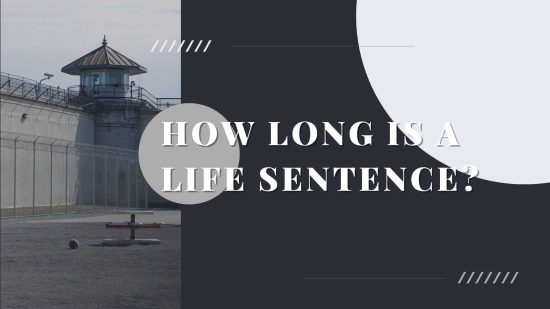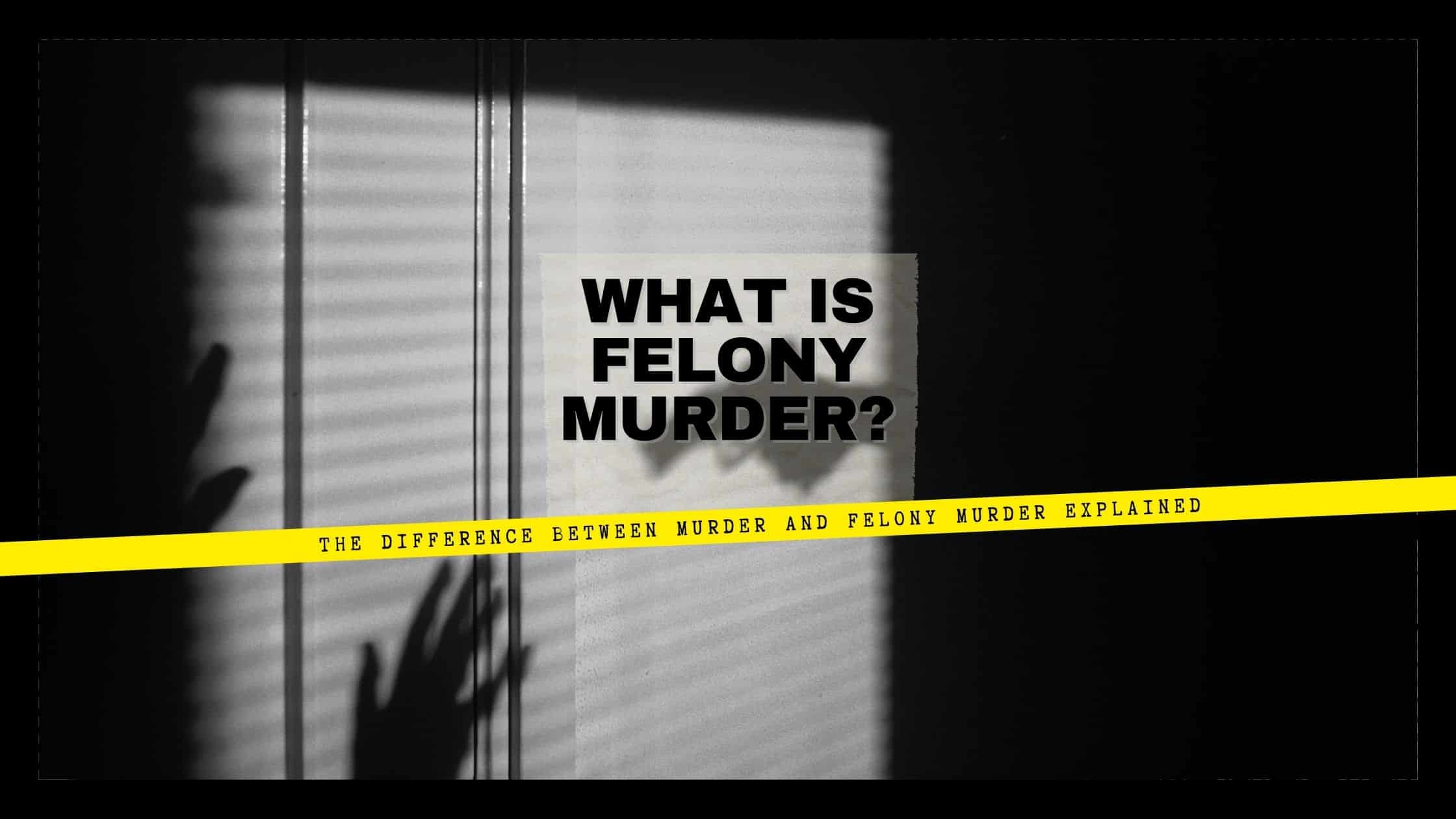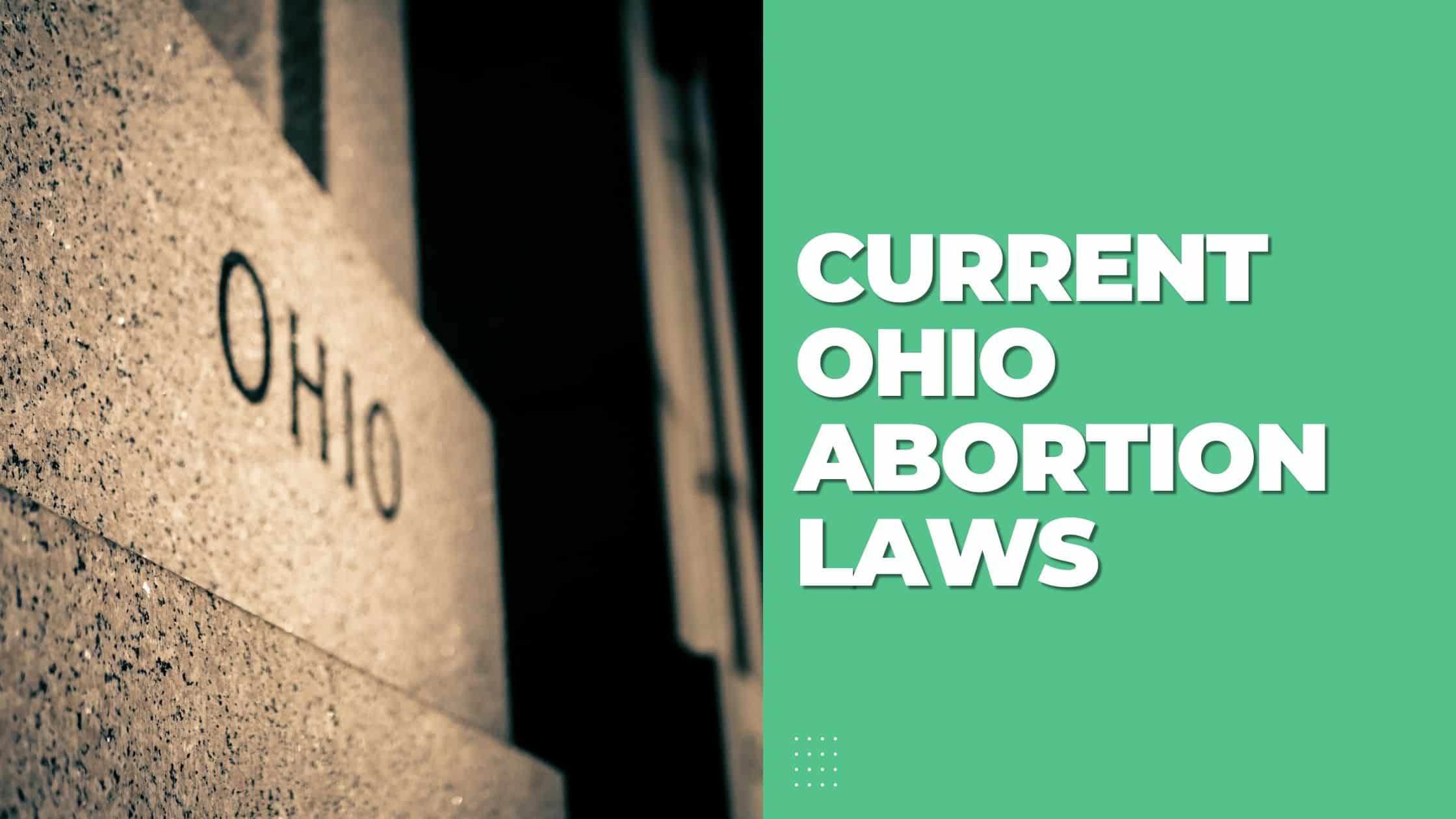Table of Contents
ToggleWhat Is a Life Sentence?
This might seem like a simple question to answer. A life sentence is a sentence that lasts for the length of the natural life of a prisoner. However, it is more complicated than that.
While, in theory, the meaning of a life sentence is that convicted offenders remain in prison for the rest of their life, in reality, there are options to shorten the time served, like parole, amnesty, or the commutation of a sentence.
That does not mean, of course, that a life sentence is not an extremely serious affair – it is, after the death penalty, the harshest punishment that the legal system has to offer.

Crimes that can lead to life sentences are, for example, murder, especially of children or minors, any crime during which a person was tortured or severely hurt, and treason in times of war. It can also happen that repeat offenses of lesser capital crimes add up to a life sentence.
Life Sentences With the Possibility of Parole
Broadly, there are two categories of life sentences – determinate life sentences and indeterminate life sentences. A determinate sentence does not include the possibility of parole. An indeterminate sentence does.

“Parole” means that after a certain time, offenders who have displayed good behavior and fulfilled other criteria, which might be a psychological exam or the attainment of employment outside of prison, might be released early.
The number of years that have to be served before a prisoner can apply to the parole board for parole consideration depends on the severity of the offense or the state in which they are imprisoned – the minimum term served can be between seven and 40 or more years.
Being out on parole does not equal complete freedom, though, and the parolee is still considered to be serving their sentence. In case of a life sentence, the convicted person will though released from prison, be on parole for life.

Life on parole is quite restricted, and the parolee often cannot decide where they want to live or what jobs they would like to have.
A person out on parole is assigned a parole officer, who can make unannounced visits and check for the possession of drugs, alcohol, and illegal weapons.
Furthermore, the parole officer makes sure that the parolee keeps to the rules for parole that have been established before release in the interests of public safety. This can include adhering to a curfew, keeping a steady job, or undergoing regular counseling.
If the person on parole fails to adhere to these rules, they can be re-arrested and returned to prison.

Life Sentences Without the Possibility of Parole
Determinate life sentences do not grant the condemned the possibility of parole. This still does not mean that the inmate will spend the rest of their life in prison.
The two main possibilities to shorten a prison sentence are amnesty and the commutation of a sentence.
Amnesty and other pardons
Amnesty is granted by a government official and is often used for political crimes. The government can pardon an individual or group of people for crimes committed, which ends the sentence and imprisonment.

Amnesty is a pardon, which means that it restores the civil rights that the convicted person had lost due to a conviction. This means the pardoned individual can vote again, run for public office, possess firearms, and serve on a jury.

Get Smarter on US News, History, and the Constitution
Join the thousands of fellow patriots who rely on our 5-minute newsletter to stay informed on the key events and trends that shaped our nation's past and continue to shape its present.
Pardons like amnesty are granted by the executive branch of the government instead of the judicial branch. This means that the judge who put the prisoner behind bars is not the one who grants them a pardon.
Pardons generally depend on the inmate admitting that they are guilty of the offense they have been convicted of. A pardon is an act of forgiveness and a sign that the prisoner has been rehabilitated, not a declaration of innocence.
Commutation of a sentence
The commutation of a prison sentence does not result in a complete pardon of a prisoner, like amnesty. Instead, the current penalty is exchanged for a different, less severe one. This can mean that parole is substituted for imprisonment, and the sentence is shortened.

Prisoners can apply for commutation with the governor or governmental agency in charge. Depending on the specific situation, an application is all that is needed for the commutation of a sentence, but often the prisoners have to undergo a hearing, too.
Since a commutation is not a pardon, there are some differences: a pardon forgives the defendant for a crime, but a commutation only reduces the sentence. The civil rights named above are not restored due to the commutation of a sentence.
Commutations, like parole, are also something that a prisoner has to earn in some way, like through good behavior in prison – a pardon, on the other hand, can be granted for various, mostly political motives, which the government official that grants the pardon does not have to disclose.
Several Life Sentences
Since people have only one life, it seems to make no sense why anybody should be sentenced to serve multiple life sentences. Nevertheless, it sometimes happens that a criminal is convicted to serve several life sentences.

An example of this is a murder with several victims – the murderer can be convicted for each of the murders separately, with these consecutive life sentences adding up to more than a natural human life span.
This has the effect that the minimum time served before the prisoner can apply for parole also becomes longer. If a prison sentence offers the opportunity to apply for parole after 20 years, each additional life sentence adds an additional 20 years to the minimum time served.
Via commutation, consecutive sentences can be turned into concurrent sentences. In this case, the life sentences would be served simultaneously instead of adding up.
All in all, as it has been shown, a life sentence does not mean that the convicted person has to stay in prison for the rest of their life. When a convict has to serve multiple life sentences, it can be close to impossible, though, to make use of the opportunities for an earlier release on parole.
How Long Is a Life Sentence? Quiz
Frequently Asked Questions
What is a life sentence?
What are the two main categories of life sentences?
What is parole and how does it work for life sentences?
What are the differences between amnesty and commutation of a sentence?
Why might someone receive multiple life sentences?
How useful was this post?
Click on a star to rate it!
Average rating / 5. Vote count:
No votes so far! Be the first to rate this post.
We are sorry that this post was not useful for you!
Let us improve this post!
Tell us how we can improve this post?






![[POLL] Should Respect for Marriage Act protect same-sex marriage?](https://constitutionus.com/wp-content/uploads/2022/09/same-sex-marriage.png)
